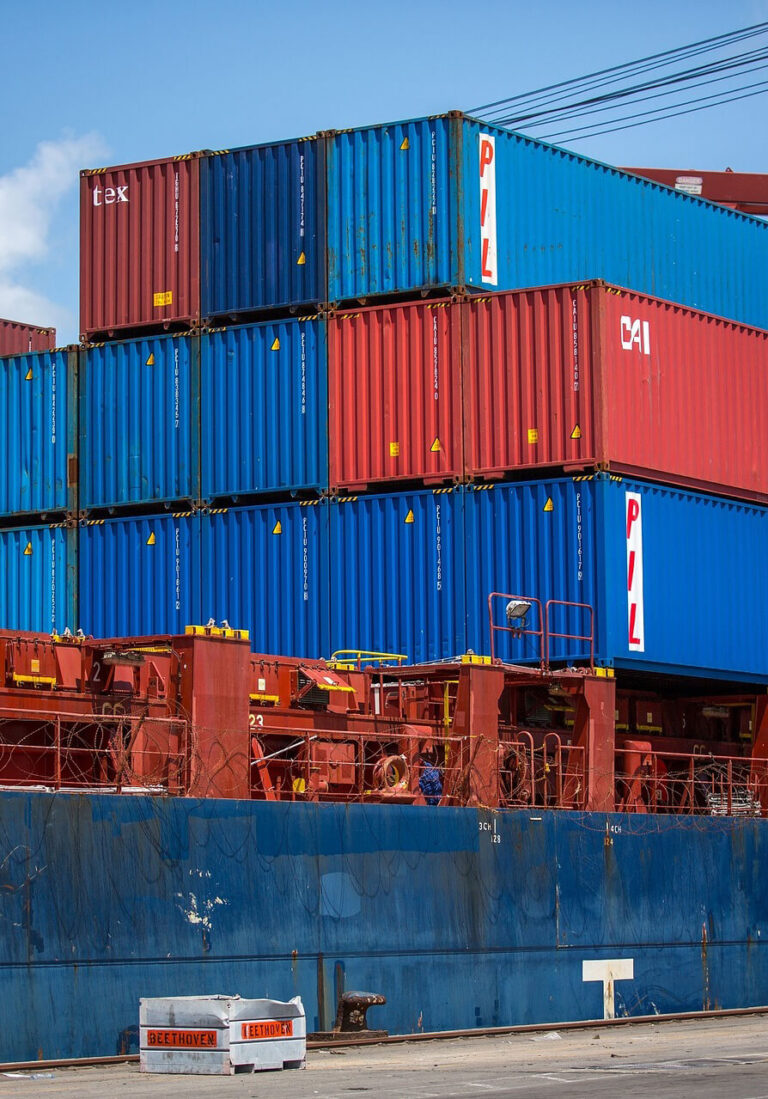
Trade in Services: Sri Lanka needs to pull up its socks
Two previous Verité Insights titled “Sri Lanka missing world’s biggest trade party and its in her backyard” & “Trade Agreements that don’t deliver the goods” published in May and June 2013 pointed out that Sri Lanka is well behind her Asian neigbours in entering into trade agreements, and that those entered into were also deficient.
This Insight shows that this is even more so the case with agreements that go beyond trade in goods to cover trade in services. This observation does not give a green light to ETCA (Economic and Technical Cooperation Agreement with India). but it does provide some context. Even though ETCA type agreements is ‘new territory’ for Sri Lanka, many of its neighbors in Asia have been quite vigorous in entering into such goods and services agreements in the last decade.
The current debate on ECTA is around whether Sri Lanka should go ahead with the agreement or not. However, the important question to ask is what costs and benefits could accrue to Sri Lanka, and how that can be managed by the scope and structure of the agreement. Whether a trade agreement is beneficial or not depends greatly on those details. The experience with existing FTAs suggests that Sri Lankan negotiators need to pull up their socks, and act with greater acumen than in the past to secure benefits.
Verité Research, as the name implies, is an independent think tank with research at its core. We carry out this research along four areas –economics, politics, media, and law. Leveraging this research, we provide strategic analysis and advice to governments, organisations, and the private sector in Sri Lanka and beyond.

